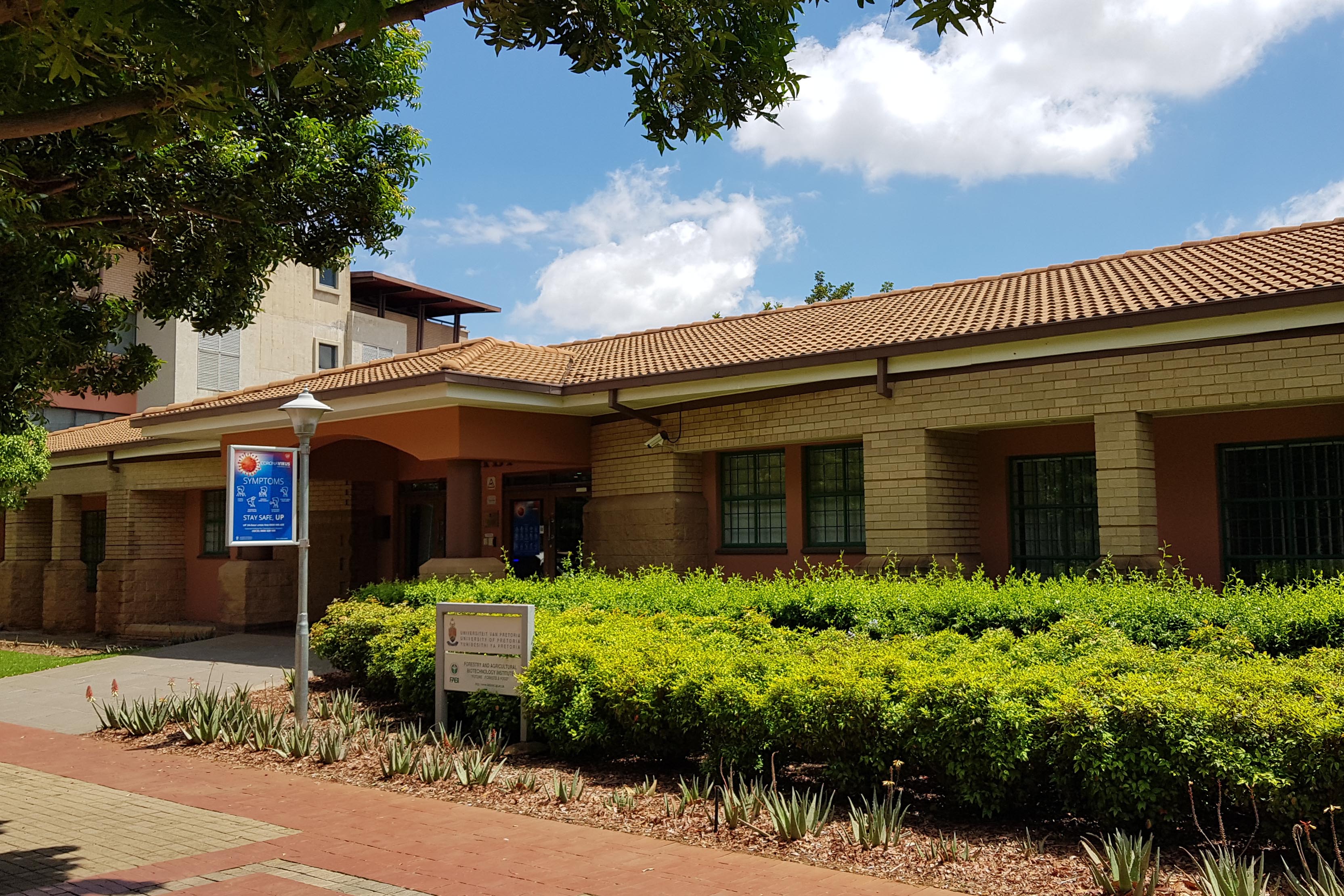FABI became the first institute of Innovation Africa@UP in 2020 2020-12-11
Innovation Africa@UP is a new business unit within the University of Pretoria that stems from the renaming and repositioning of the University of Pretoria’s (UP) Hatfield Experimental Farm. It aims to provide a more effective platform for the development of long-term industry-university-government partnerships.
In 2020, the Forestry and Agricultural Biotechnology Institute (FABI) became the first institute to join the Innovation Africa@UP unit. FABI has more than 22 years of experience in developing such cross-sectoral partnerships and provides a strong foundation for the development of Innovation Africa@UP. The Faculty of Natural and Agricultural Sciences (NAS) will continue to have the same strong links to teaching, learning and postgraduate research undertaken by FABI as it has in the past, and this is expected to expand these opportunities as FABI grows in Innovation Africa@UP.
“The Innovation Africa@UP concept is an excellent example of innovative thinking towards harnessing industry-government-academia knowledge and knows how, in building a sustainable and resilient future for us all. We at NAS wish the IA@UP team every success as they take on the complex challenges relating to forestry, agriculture and food security,” says Prof Barend Erasmus, Dean of NAS.
Prof Bernard Slippers, Director of FABI and also of this new initiative is very excited about this new venture. “In establishing the Innovation Africa@UP initiative, closely linked with Future Africa, Engineering 4.0 and the Javett Art Centre, the University demonstrates its commitment to ‘rethink, reimagine and reposition’ (to quote our Vice-Chancellor and Principal, Prof. Kupe) itself for greater impact in our society through transdisciplinary, impactful research and development. By using FABI as an engine to drive the development of Innovation Africa@UP, NAS takes a bold step to connect its resources more strongly to the rest of the University structures towards these goals,” Prof Slippers concluded.
An earlier version of this article appeared in the newsletter of the Faculty of Natural and Agricultural Sciences.


